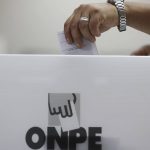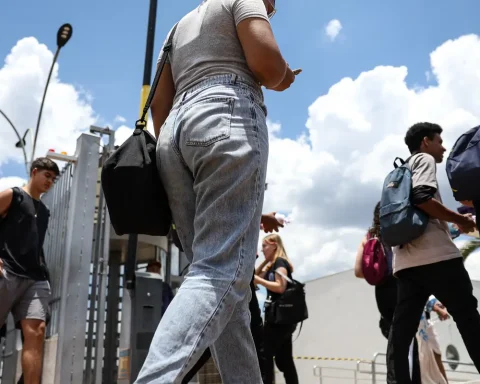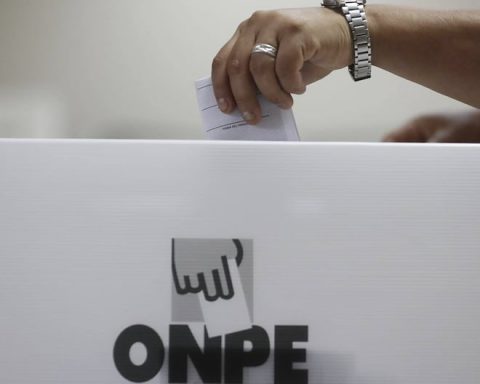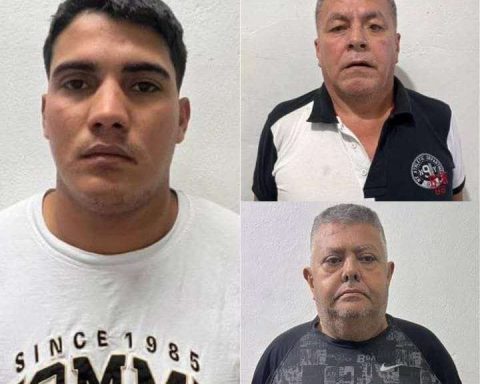November 27, 2024, 10:52 PM
November 27, 2024, 10:52 PM
A third person involved in the kidnapping of more than a ton of cocaine impregnated with almonds He was released because he became an “informant” and made it possible to apprehend two other people, in addition to the seizure of the drugs.
This Wednesday, the Minister of Government, Eduardo Del Castillo, rejected the version of one of the two detainees in this case, which He accused the Police of favoring the third party involved for releasing him before being taken into custody.
“According to the preliminary reports I have received, issued by the Departmental Directorate of the Anti-Drug Trafficking Force in the department of Santa Cruz, it would be an informant. I ask the media to be extremely cautious. because by revealing the identity of an informant we can put their life at risk,” he explained.
In addition, the director of the Specialized Prosecutor’s Office for Drug Trafficking Crimes, Marcela Terceros, requested information about the third person who was apprehended in the ‘Narcoalmendras’ case and who He was later released.
According to the background, the anti-drug operation was carried out on November 23, when Felcn agents intervened in an almond exporting company on Canal Guapilo Avenue, between the fifth and sixth ring road of the city of Santa Cruz, after learning that drugs were mixed in the product which was destined for Europe.
During the police intervention, 1,047 kilos with 452 grams of cocaine were seized, Rolando JRJ of Bolivian nationality and Colombian Norman DAM were also arrested, who were sent to Palmasola prison with preventive detention.
In the precautionary hearing, one of those investigated questioned the actions of the Police and the Prosecutor’s Office, accusing them of favor for releasing a third party involved in the case.
However, Terceros explained that the investigator of the case informed the prosecutor “that one of the investigative techniques would have been applied stipulated in Law 913 (Law to Fight Illicit Trafficking in Controlled Substances), which is literally called ‘Economic Compensation for Informant Risk’”.
“The Police verbally informs us that this figure would have been applied with the third person (detained),” Terceros insisted when explaining the reason for the release of the third party involved.
















